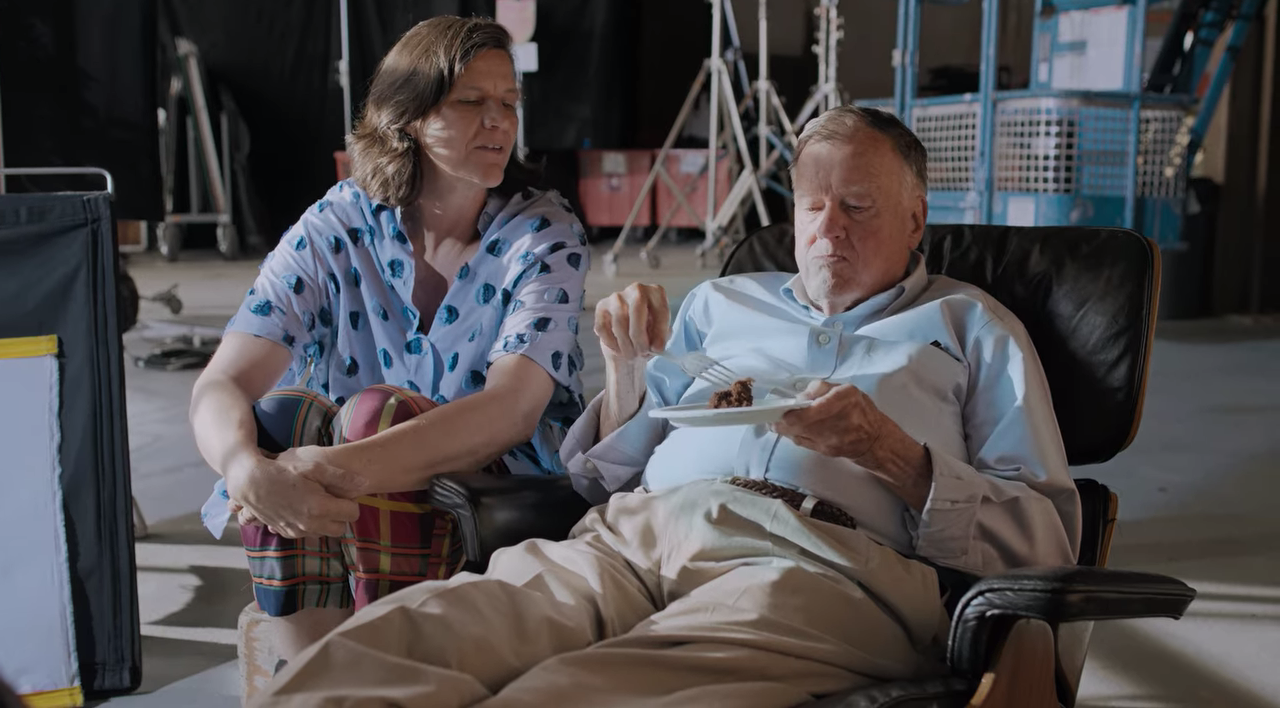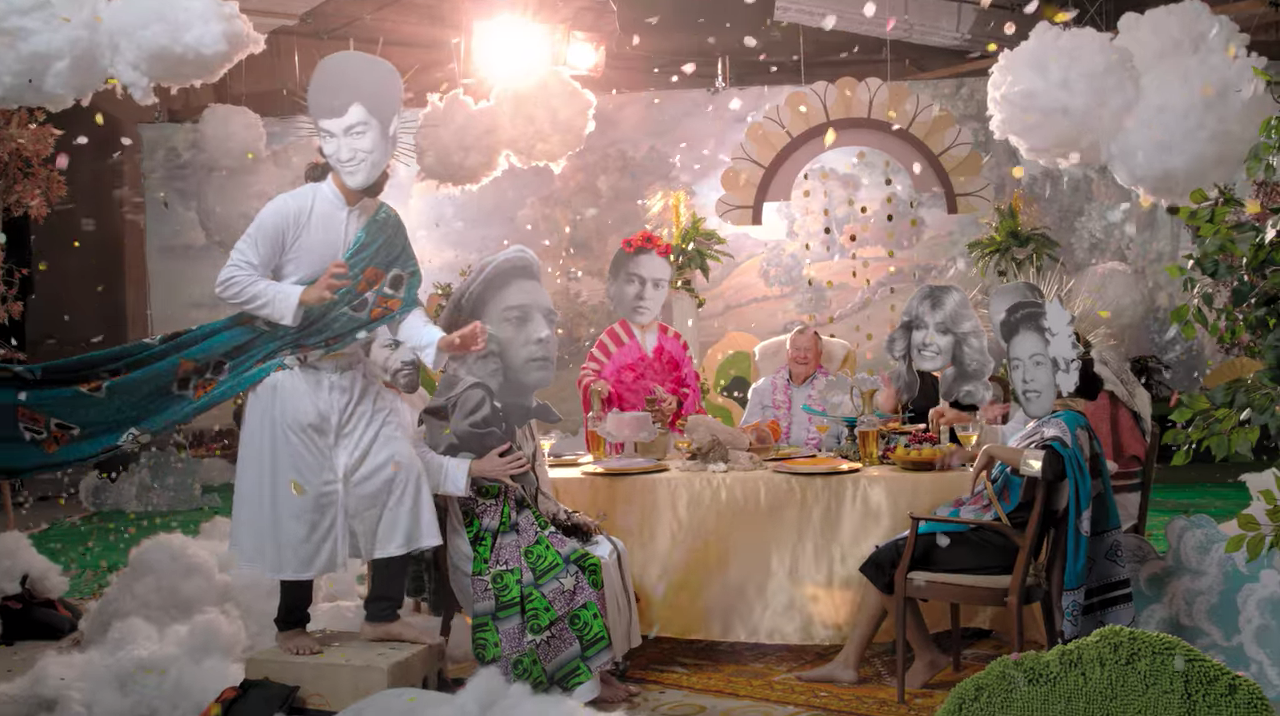[Warning: Spoilers ahead for the Netflix’s Dick Johnson is Dead (and NBC’s The Good Place).]
“What do you think happens when we die?” Steven Colbert asked actor Keanu Reeves during a 2019 interview. Reeves took a deep breath and uttered, “I know that the ones who love us will miss us.”
His words resonated differently, in comparison to how we usually view the happenings of death, which would be in the form of afterlives: eternal nirvana, the netherworld, reincarnation, et cetera. Despite our beliefs, discussing — or even thinking about — our impending deaths would likely feel isolating. Shankar Vedantam spoke of the way thoughts about death is interspersed in our heads on an episode of NPR’s Hidden Brain. One of the things he pointed out was the reality that we don’t like to think about death, but it lives in our minds more often than we realize.
How do we usually think about death? It’s not a difficult question to answer. While mortality is an experience universal to all humans, it’s also easy to think about it as an individual one. Our personal thoughts, or even discourses, on death usually endorse a solitary tone. Which is why it’s more important to point out how Reeves’s brief statement reframed death from an interpersonal perspective; how our deaths will not only affect us, but also (if not more) the people around us.
Kirsten Johnson, director of the Sundance-winning Cameraperson, adopted a similar viewpoint in molding her new documentary, Dick Johnson is Dead. The titular Johnson is her father: formally C. Richard Johnson, a former psychiatrist, is diagnosed with dementia. With the premise centered on losing a loved one, the documentary itself does not fall into the trap of the overwhelming somberness of death. Instead, it welcomes a novel way of talking about it.
One example is a clip of the Johnson pair in conversation with a man seemingly not a personal acquaintance to them. The group covered topics surrounding Dick’s diagnosis, his late wife (or Kirsten’s late mother) and even the man’s own experiences with his loved one’s death. Moments like this in the documentary might seem off-putting as these topics aren’t typically discussed in such a natural manner. The way they spoke about it felt almost lightweight, but still treaded carefully as to not overstep any boundaries.
In between dialogues like these are scenes of the paternal Johnson’s “deaths”. From falling down the stairs to being crushed by an air conditioner (à la Chidi from The Good Place), Johnson’s daughter crafted a variety of alternative death scenarios for her father. Although he lovingly obliged to take part in his daughter’s ventures, he jokingly noted that dying was in fact not an easy thing to do.
However, it’s not just death itself and the events preceding it — Dick Johnson is Dead also made sure that life after death did not go untouched. Taking a unique spin from the quintessential documentary, scenes of reality (or alternative realities) are mixed with dreamlike sequences of the afterlife. In this case, the afterlife is Dick Johnson’s own personal heaven. What does heaven look like to him? To paint a picture, imagine a chocolate fountain, thousands of confetti and glitter and a fancy meal with guests including Frida Kahlo and Sigmund Freud.

Dick Johnson (right) with his daughter and director of the documentary, Kirsten Johnson (left). Source: Netflix
Despite this fun conceptualization of an idealized afterlife, Kirsten Johnson made note that “real life can be much more fascinating than the things we come up with.” While a fantastical heaven might be pleasant and reassuring to imagine, the life we are experiencing at this moment should still be paramount.
Going back to what Keanu Reeves said, death and love are inseperable. And although the documentary did note that “loving gives us a fear of losing each other”, it also teaches us — through a very moving final sequence — that it’s ultimately the thing that mends us. “I’ve got my heaven. Right here on earth, with all of you,” said Dick Johnson himself. Long live.











